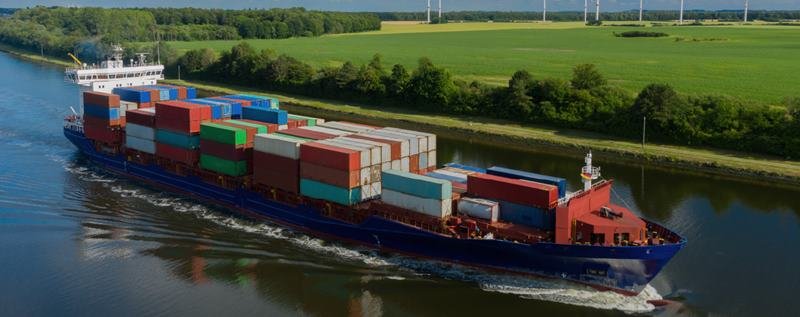DNV white paper outlines suggestions to achieve a sustainable maritime ecosystem in India, commissioned report highlights the Indian maritime sector’s commitment to achieving net zero targets and propelling the industry to a greener future.
DNV has released a white paper which studies India’s potential to deliver a sustainable future for its maritime industry. Commissioned by the Royal Norwegian Consulate General in Mumbai, the ‘Indian Coastal Green Shipping Programme white paper offers recommendations based on the experience from Norway to build a greener shipping sector, while providing an effective framework for collaboration.
The paper comes amid closer cooperation between India and Norway, which are historic maritime trading partners, to enable a future green shipping sector and achieve common goals through bilateral dialogue.
The white paper outlines 13 key recommendations based on DNV’s analysis of India’s maritime sector and how it can build upon the experiences from the Norwegian Green Shipping Programme, a centrepiece of the country’s shift to a greener industry. Some recommendations include:
- creating markets for green technology and establishing infrastructure for green shipping,
- establishing maritime clusters and increasing cooperation between industry stakeholders throughout the value chain, and
- training the workforce to adapt to greener technologies.
It concludes India’s shipping industry path is best driven through partnerships and will help fast-track the industry’s uptake of greener, innovative solutions.
“We hope the white paper on the Indian Coastal Green Shipping Programme will be beneficial in building a green maritime and shipping industry in India and providing a useful framework for continued collaboration between Norway and India,” said Arne Jan Flølo, Consul General, Royal Norwegian Consulate General Mumbai. “A green shift in the shipping industry is crucial to reach our climate goals and a prerequisite for a sustainable ocean economy,” he added.
Dr. Shahrin Osman, Head of Maritime Advisory, South East Asia, Pacific & India at DNV, said:
“As India rises to become one of the three largest economies in the world in 2050, the maritime sector is in an excellent position to achieve green growth. This white paper sets the pathway for the entire maritime ecosystem in India and learning from the success of Norway’s Green Shipping Programme.”
Cristina Saenz de Santa Maria, Regional Manager, South East Asia, Pacific & India, Maritime at DNV, commented:
“This paper identifies opportunities and finds cutting-edge solutions to help strengthen the country’s institutional, economic, and human resource capabilities to achieve its carbon reduction goals. It will be a crucial development as Asia plays an important role in decarbonizing international shipping by 2050.”
The report seeks to complement the enormous efforts now being undertaken by India and Norway to enable the Asian powerhouse to transition its maritime sector to a more sustainable one. A recent example is the Kochi Water Metro project, India’s first battery-powered electric ferry fleet consisting of 23 vessels, built to DNV class at Cochin Shipyard.
Source DNV

